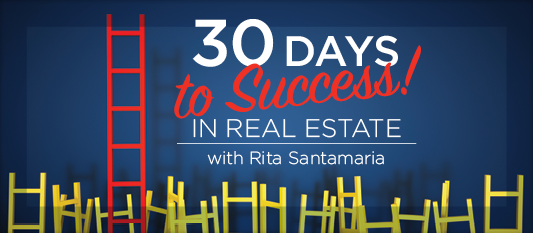“To make the form, nature, content, future course, etc., of (something) different from what it is or from what it would be if left alone.” - Dictionary.reference.com
Why do people resist change? An article I recently read stated “we resist change when it occurs without our permission”. Change is inevitable and change is often out of our hands. In the changing world we live in, the change in technology is out of our control but we must comply to stay current. If one is not changing with technology, research, trends, then generally one is not growing. And the pace and degree of change in the world shows no sign of slowing.
There are certain changes that a company or manager must make where the change can be given with a promise for a better end result. If you implement change in the office with a big stick, it is probably going to be met with resentment and resistance. This is also known as the extrinsic method or in layman’s terms, “do this or else”. Another method often used is a softer touch called intrinsic, where the change is implemented for “the good of the company and for you, the employee’s own good”. This is sometimes called the “eat your vegetables” approach.
The approach that tends to work when needing to implement a change in the office, with your team of agents, employees is the “parenting approach”. With this model team members ultimately change their behavior because they choose to do so and not because they feel threatened or forced. There are steps to bringing yourself and company associates around to whatever change is in store.
The suggested method for instituting and accepting change is to start explaining at the first interview the expectations of the office in relationship to change. “We sometimes have to bring in new technology or new office policies for the benefit of all”. “How do you feel about your current level of technology skills and are you open to learning new habits?” The manager will get a clue as to how this person is going to react to change.
On the first meeting it is up to the leader to explain the expectations of the sales performance of each new agent, or experienced agent and to discuss performance levels that must be changed. This is certainly for the agent’s own good and for the good of the company if they should need to “change” and increase production. This conversation would also include acceptable performance, habits and timelines for meeting the company expectations and very important, the consequences if not met.
Some of the best changes in an office or company come from the persons who are allowed to have the freedom and trust to suggest or implement a new habit. People are motivated to try new initiatives when they are not micro-managed. Extraordinary results can occur when people are informed of why change is needed, how much time will it take to learn the new change, will it cost them money, what’s in it for me and just as important, “what if I don’t want to change?”
This is a changing world both globally and in our own corner of the world, our company and office. Those who embrace change tend to not grow stagnant and continue to have success. Change may not always be good but unless we have an open mind to change we may miss out on the good that it can generate.



